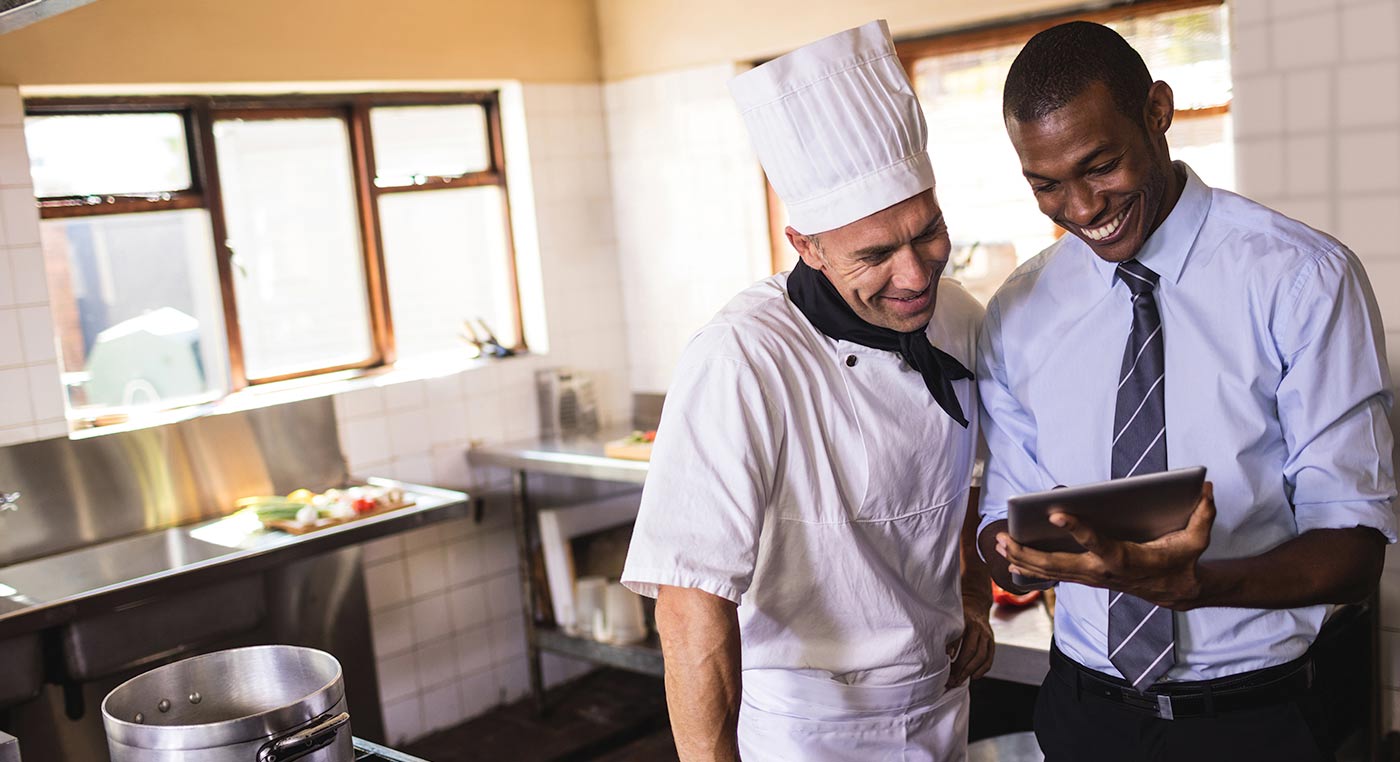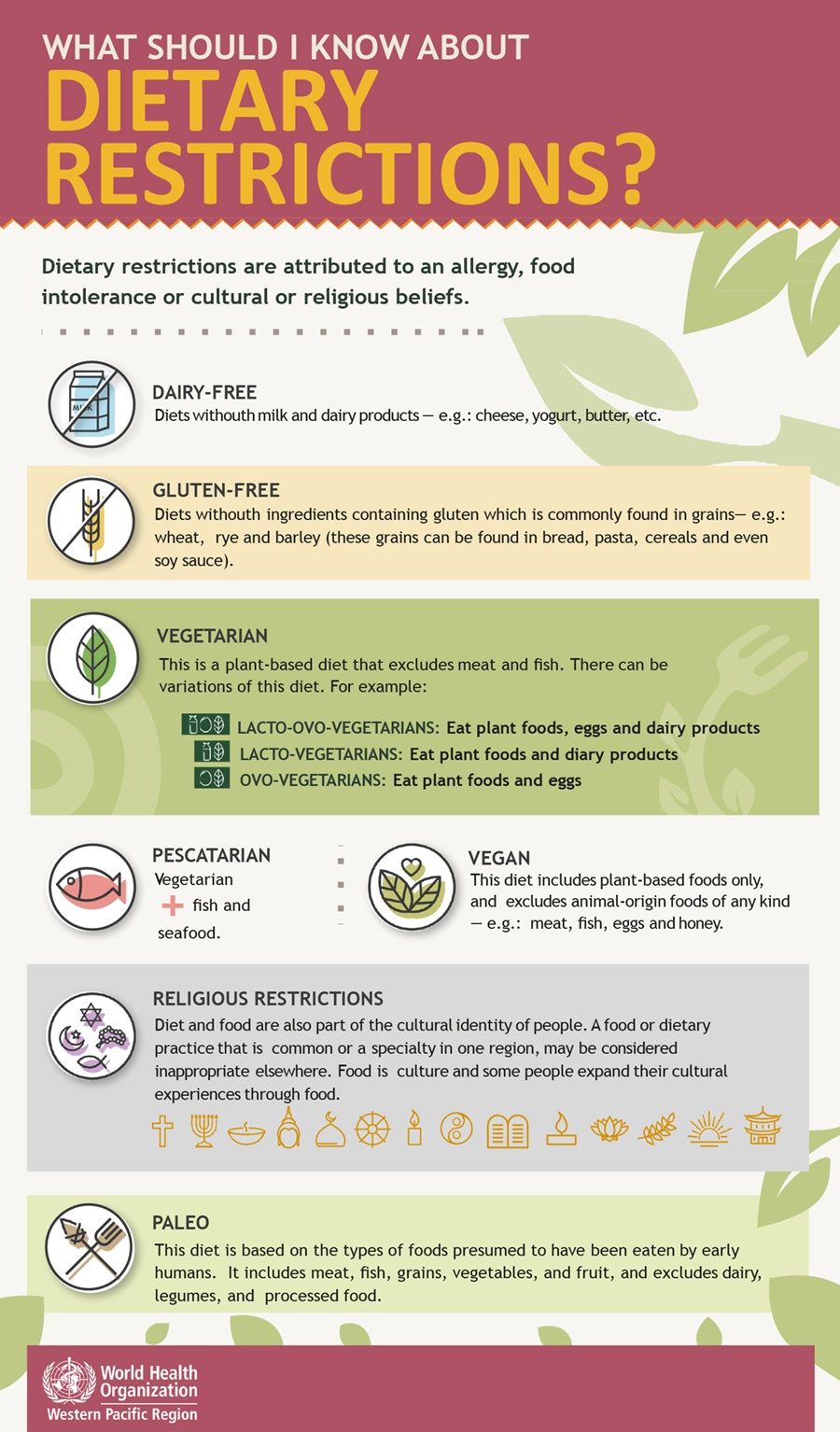How Cook Schools Can Help Students Develop a Palate for Wine and Spirits
Cooking schools have long been an important institution for those individuals interested in furthering their culinary education. But cook schools can also be a gateway to developing a palate for wine and spirits that can be applied both in the professional environment and in the home kitchen. By giving students the opportunity to study and sample a wide range of beverages, cook schools can foster a greater appreciation for the complexity and nuance of drinks, and in turn give them the confidence to pair wines and spirits with dishes for a truly unforgettable experience.Wine and spirits are an integral part of any gourmet meal, and for many aspiring chefs, understanding how to properly prepare and pair these beverages is key to creating a memorable dining experience. However, many new cooks may feel intimidated at the thought of selecting wines and spirits that will pair well with food, or possess a ignorance of the basics of different types of alcoholic beverages. A cook school can give students the opportunity to expand their knowledge of drinks and develop a palate for different beverages.
The first step in learning to appreciate wine and spirits is to become familiar with the terminology used to describe them. From “fruit-forward” to “terroir-driven,”cook schools can provide students with the language and terminology needed to discuss and appreciate different beverages. Furthermore, they can help demystify complex terms used by sommeliers, allowing students to confidently purchase beverages and discuss them with customers or guests.
Once students have developed a basic understanding of terms and definitions, cook schools can give them the opportunity to expand their knowledge of various beverages through tasting sessions. Through these sessions, students can sample different beverages, learn about the flavor profiles of each one, and discover how to pair them with different types of food. For example, a student may learn that sparkling wines go best with seafood dishes, or that dry white wines can be a great pairing for light vegetable dishes.
In addition to giving students the opportunity to appreciate individual drinks, cook schools can also teach them the art of entertaining and how to create a beverage menu for a specific event. Aspiring cooks can learn how to properly create a balanced menu, whether it be a five-course dinner or a casual cocktail party, and which wines and spirits fit best with the menu. By pairing drinks with dishes, they can easily impress guests and create an unforgettable dining experience.
Cook schools can also give students the opportunity to gain experience in making their own wine and spirits. Through classes and workshops, students can learn the fundamentals of distillation, fermentation and aging, as well as the process of creating their own unique blends of drinks. Lastly, cook schools can provide the ideal environment for students to experiment with recipes and discover how to mix unusual and exciting cocktails.
At the end of the day, cook schools can offer aspiring chefs a wealth of knowledge and experience when it comes to understanding and appreciating wines and spirits. By teaching them the language of wine and spirits, providing them with tastings sessions, and giving them the opportunity to create their own drinks, cook schools can help students develop a palate for these beverages. This newfound appreciation can then be used to create exceptional culinary experiences that will continue to impress customers and guests for years to come.












